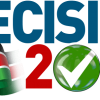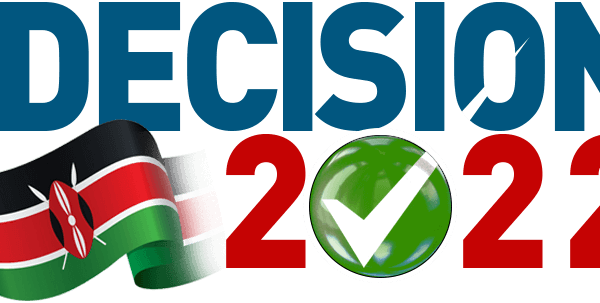
Why do most people go to work at 8 am and leave at 5 pm? Is there a good explanation for the defined work hours in most of our Kenyan organizations? Is it acceptable to arrive at work at 6 a.m., 7 a.m., 9 a.m., or even 10 a.m., or to leave at 3 p.m. to pick up the kids from school? What if a person simply wants to work three or four days a week? Would that be acceptable? Maybe there should not even be a question of specific work hours in others. Just getting what needs to get done is adequate. If you are an employer, would you consider giving your staff a flexible working schedule? Would you enjoy the possibility of working flexible hours if you were a member of the team? Is it possible that in some businesses, one could work without having a regular schedule?
In some organizations and professions, I believe that rigid working hours have become obsolete. Consider the work of a graphic designer, which necessitates the completion of certain duties from afar. Why is it necessary for a graphic designer to arrive at the office at 8:00 a.m.? Would he or she be able to do the task late at night to meet a deadline and sleep during the day? Of course, if our job demands us to be physically there to help others, the specified hours are critical. If the office, school, or shop opens at 8 a.m., the person in charge of the opening should arrive before 8 a.m. to ensure a timely opening. A more pressing concern is why open at 8 a.m. rather than 7 a.m. I once had a 7 a.m. training session in Nairobi’s central business district. My shoe dropped into a pool of muddy water when I exited the car at 6:30 a.m. To my amazement, I was able to locate a shoe store that was already open for business.
It makes no sense for someone to arrive at work at 8 a.m. and depart at 5 p.m. and then be unable to account for their actions throughout the day. When the primary criterion for success is reporting to work on time at 8 a.m., most people are ready to depart by 4:59 p.m. As a result, using time as the sole metric for measuring productivity is insufficient. If someone works for eight hours, they should be able to account for the job completed during that time. How do you determine how productive each member of your team is? Do you have a system in place to help you manage your performance? Do you begin by setting targets?
Because of the rise of remote working, we have had to reassess how and when we work. We may work from any place, and we can occasionally work at any hour as long as the deadlines are met. By working longer hours, many people have been able to turn one day into two. Others work across continents and are on call 24 hours a day. We must first ask ourselves some important questions before deciding on set working hours. Is it critical for the employees to start and end work at specified times? Is it necessary for employees to be present in the office or can they work remotely? What performance goals should be set? What criteria will be used to assess the set performance? I feel that providing employees with some flexibility and not being too rigid with work hours will boost employee motivation, satisfaction, and productivity.
Dr. Lucy Kiruthu is a Management Consultant and Trainer. Connect via Twitter @KiruthuLucy









